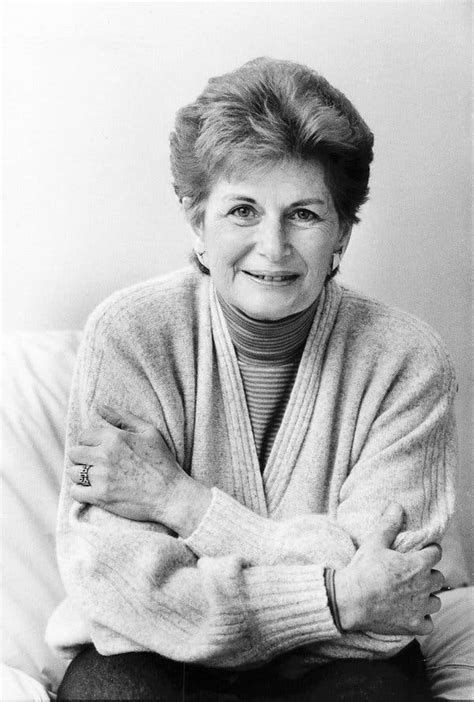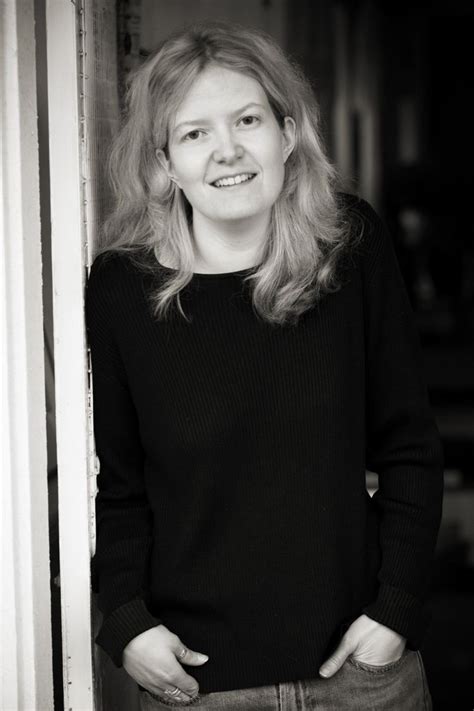A Quote by Samuel Butler
How often do we not see children ruined through the virtues, real or supposed, of their parents?
Related Quotes
The upshot of pervasive public belief in the uncontrollable sexuality of teenagers, and even of pre-teenagers, is that parents arehalf-hearted in their efforts to supervise and control their children, even when they are filled with anxiety as to their children's ability to cope with a full-fledged sexual relationship. "How can we buck the tide?" parents say helplessly, often without making quite certain that the ocean they see is a real one and not a mirage.
Adolescence is a time when children are supposed to move away from parents who are holding firm and protective behind them. When the parents disconnect, the children have no base to move away from or return to. They aren't ready to face the world alone. With divorce, adolescents feel abandoned, and they are outraged at that abandonment. They are angry at both parents for letting them down. Often they feel that their parents broke the rules and so now they can too.
Children need directing and teaching what is right in a kind, affectionate manner How often we see parents demand obedience, good behavior, kind words, pleasant looks, a sweet voice and a bright eye from a child or children when they themselves are full of bitterness and scolding! How inconsistent and unreasonable this is!
Like all Xhosa children, I acquired knowledge mainly through observation. We were meant to learn through imitation and emulation, not through questions. When I first visited the homes of whites, I was often dumbfounded by the number and nature of questions that children asked of their parents-and their parents' unfailing willingness to answer them. In my household, questions were considered a nuisance; adults imparted information as they considered necessary.
The authoritarian child-rearing style so often found in working-class families stems in part from the fact that parents see aroundthem so many young people whose lives are touched by the pain and delinquency that so often accompanies a life of poverty. Therefore, these parents live in fear for their children's future--fear that they'll lose control, that the children will wind up on the streets or, worse yet, in jail.
Modern children were considerably less innocent than parents and the larger society supposed, and postmodern children are less competent than their parents and the society as a whole would like to believe. . . . The perception of childhood competence has shifted much of the responsibility for child protection and security from parents and society to children themselves.
One can tell a child everything, anything. I have often been struck by the fact that parents know their children so little. They should not conceal so much from them. How well even little children understand that their parents conceal things from them, because they consider them too young to understand! Children are capable of giving advice in the most important matters.
It has been noticed that people who are not parents often have a peculiar fondness for children. This is sometimes attributed to a very beautiful nostalgia for a gift denied to them - dream-children, flowers that have only bloomed in imagination - but we think it is rather because they have not the faintest idea how dreadful children are.







































